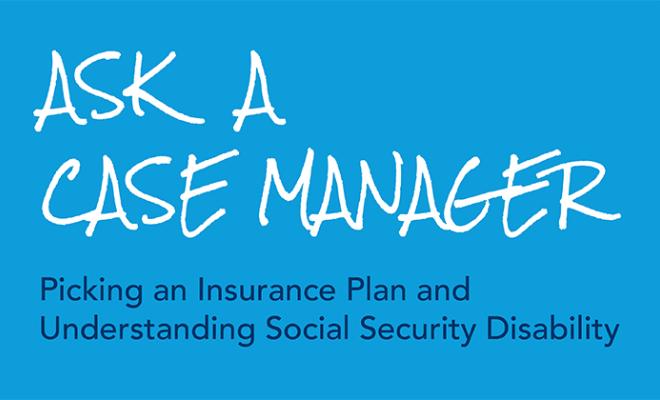It's open enrollment time for 2017 health insurance, which means that now is the time you can select a new plan or make changes to your marketplace, private insurance, Medicaid and some employer plans.
Limited competition and higher premium rates are just some of the challenges during this enrollment season. It's possible that you may also receive calls from people trying to sell you insurance plans. The caller may try to convince you to make an immediate purchase, stating that if you pass on this opportunity, the price will increase.
As the purchaser, you have the option to purchase plans from the marketplace or directly from a health insurance carrier, an agent or a broker. But, be very careful when assessing your options.
As a case manager at Compass, I receive many calls from individuals with cystic fibrosis and their families asking for help in navigating the complexities of insurance coverage.
Earlier this week, Compass heard from a family of a child with CF. The mother of the child informed us that she received 14 calls in one day from a person who was trying to convince her to purchase an insurance plan. She was confused about her options, so she called Compass for help with the insurance broker on the line. The broker was attempting to sell her a plan with no deductible and a monthly premium that the mom was comfortable with. They insisted that she capitalize on the offered rate because it might change if she did not purchase immediately.
Even though the offer sounded great, the rush to purchase caused me to be a bit skeptical. In my role as a case manager, I questioned the broker about the structure of the plan based on the family's needs and quickly realized the plan had a lot of disadvantages.
Under the proposed plan, the family would be responsible for 60 percent of the medication cost, with the insurance plan covering the remaining 40 percent. Although supplemental programs such as copay assistance programs will help cover part of the 60 percent out-of-pocket cost, the family may still have to pay a significant amount beyond what these programs will help with. These types of insurance plans may benefit the patient in the short-term but will be more costly in the long-term.
By the end of the call, the mother was happy that I was able to help her by providing information specific to her family's needs.
Selecting the best insurance plan can be tricky. Many families and insurance companies have a hard time identifying the best plan based on a person's needs. Our dedicated and knowledgeable case managers can do the legwork for you and help you explore and compare options. Contact Compass at 844-COMPASS (844-266-7277) or email compass@cff.org for help with selecting or changing plans.





